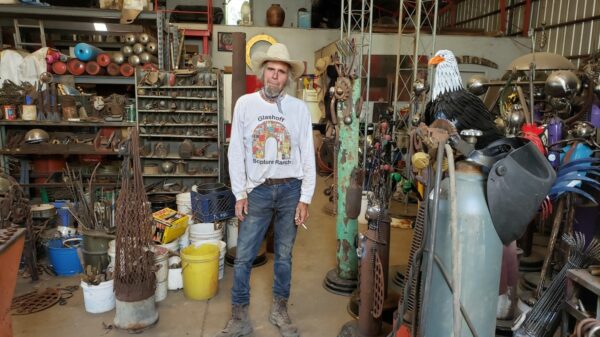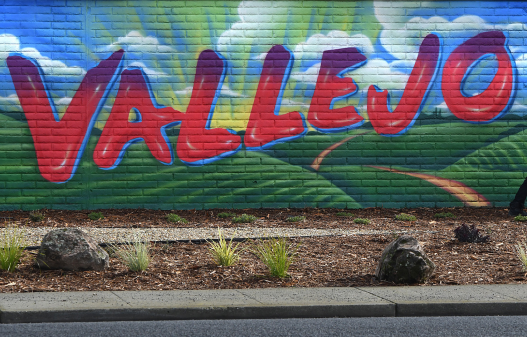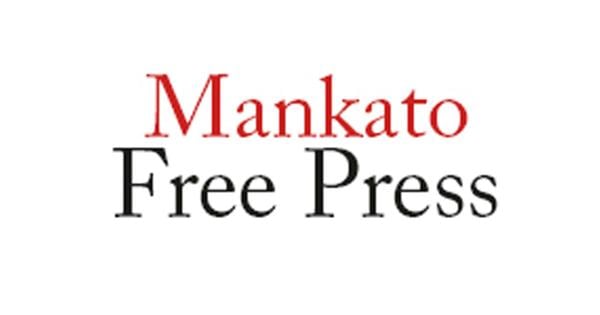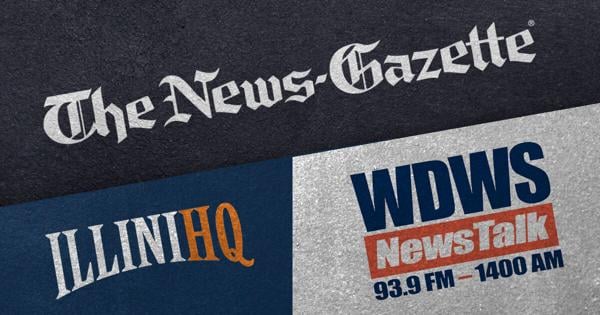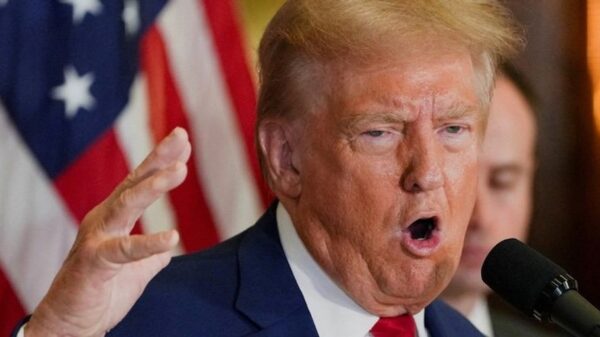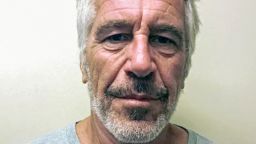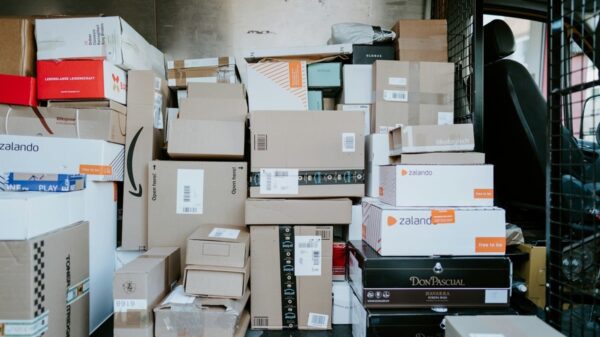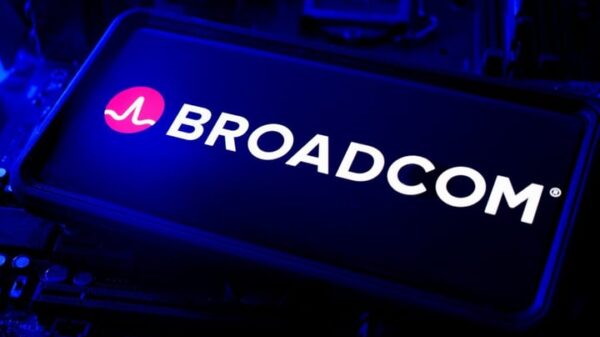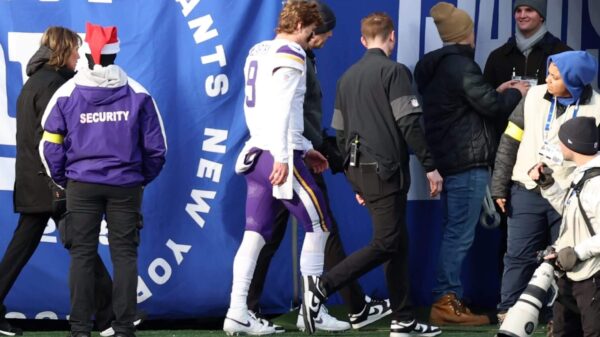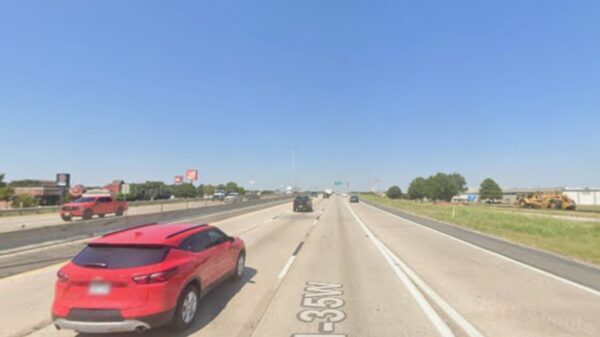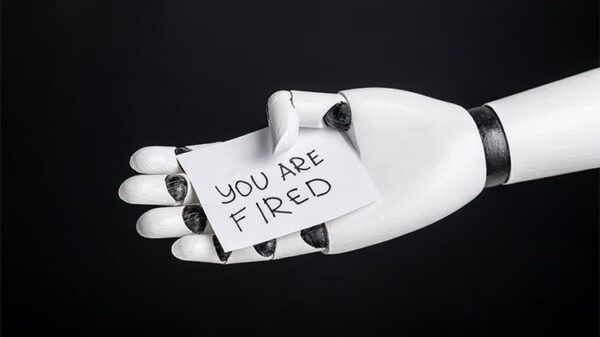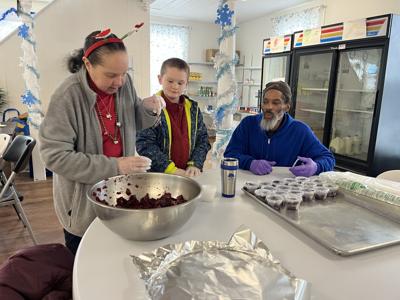The House Energy and Commerce Committee has introduced a comprehensive package of 19 bills designed to improve online safety for children. This legislative initiative represents a significant step toward establishing stringent internet regulations as Congress grapples with the balance between safeguarding minors and protecting online speech rights. A hearing to discuss these bills is scheduled for March 12, 2024, under the subcommittee on commerce, which will include deliberations on the highly debated Kids Online Safety Act (KOSA).
This new iteration of KOSA has emerged as a focal point for advocacy, particularly among parents who have lost children to online threats such as cyberbullying, sextortion, and illicit drug sales. While the Senate version of the bill, which passed with a strong majority last year, included a “duty of care” clause — making tech companies legally accountable for harms arising from their platforms — the House’s revised bill has eliminated this provision. Critics of the original clause argued it could inadvertently restrict legal speech, including resources aimed at addressing the very issues KOSA seeks to combat.
Key Changes to KOSA and Additional Legislation
In the latest House draft, the “duty of care” has been replaced with a requirement for social media platforms to implement “reasonable policies, practices, and procedures” to tackle four specific types of harm: threats of physical violence, sexual exploitation and abuse, the distribution and sale of narcotics, and any financial harm resulting from deceptive practices. The bill also clarifies that the extent of these policies must align with the platform’s size, complexity, and the technical feasibility of addressing these concerns. Furthermore, the revised KOSA expands its coverage to include nonprofit platforms, ensuring broader applicability.
Alongside KOSA, the legislative package introduces several other notable bills. The App Store Accountability Act aims to enhance age verification processes at the app store level, ensuring that developers receive accurate age signals. Another critical component is the Children and Teens’ Online Privacy Protection Act (COPPA 2.0), which aims to raise the age threshold for privacy protections from under 13 to under 17, while banning targeted advertising toward this demographic. Additionally, the proposed Reducing Exploitative Social Media Exposure for Teens (RESET) Act seeks to prohibit social media platforms from allowing users under the age of 16 to maintain accounts.
This renewed legislative effort marks a significant shift from last year when the House Republican leadership opted not to advance KOSA. Despite the Senate’s overwhelming approval with a vote of 91-3, House Speaker Mike Johnson (R-LA) and Majority Leader Steve Scalise (R-LA) expressed concerns regarding the bill’s constitutionality and implications for free speech. Critics accused them of aligning with the tech industry due to substantial investments in their state. The introduction of this new package indicates that House leadership is reconsidering its stance on children’s online safety, although the current proposals differ markedly from last year’s discussions, and there is no guarantee they will be enacted into law.

